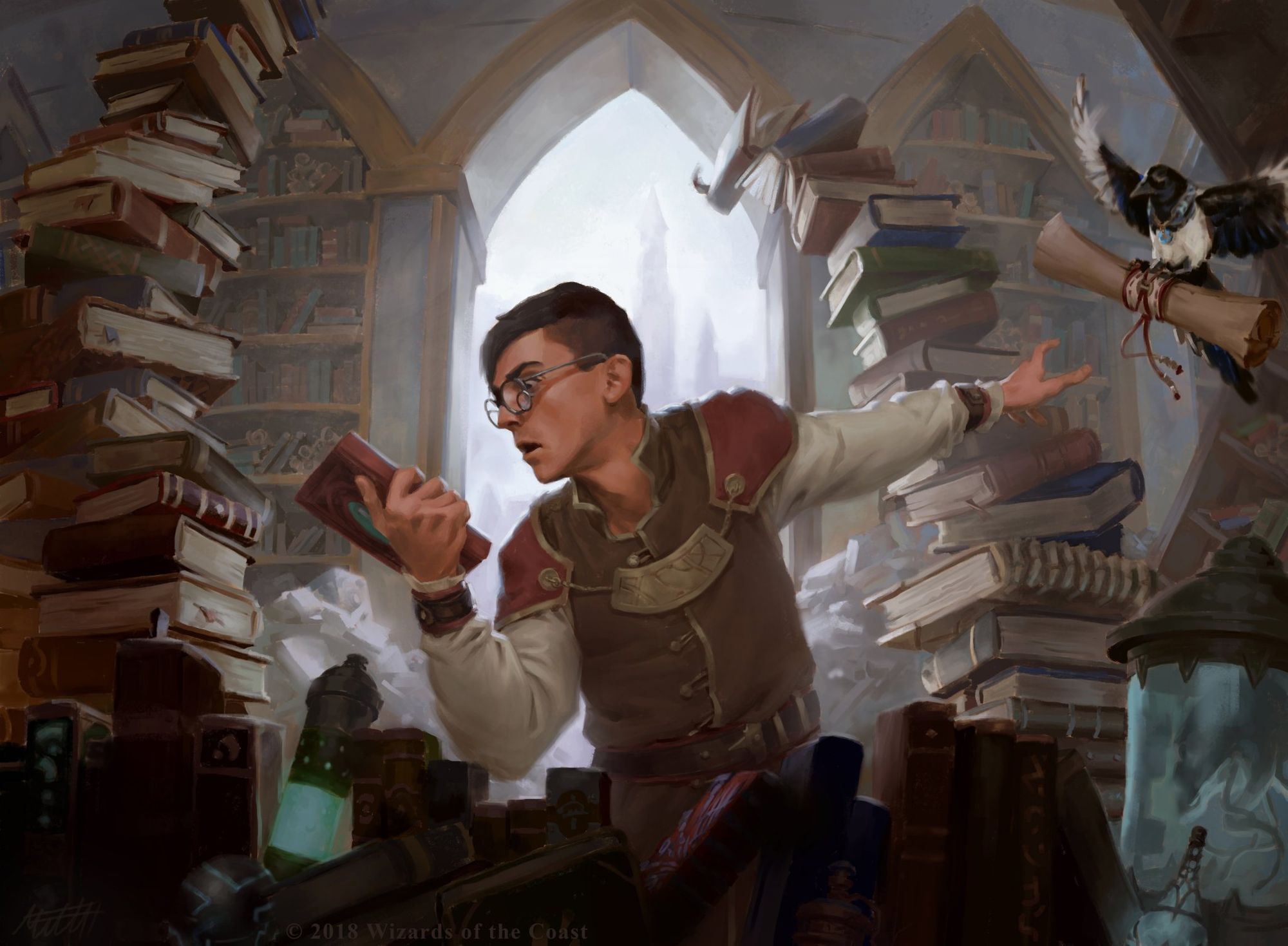Choosing the best system for your needs

When running a social skills group, one of the things to take into consideration is what system you should use. Practically everyone I know of uses 5e, although some are using different systems in educational settings, and the folks at Game to Grow are working on a proprietary system- I haven't tried it yet, but once it's out I will. That being said, D&D 5e is a popular choice because of its accessibility, popularity, and role playing potential.
The accessibility and popularity side are easy sells for the game- It is the number one role playing game system on the market right now, and it's experiencing a massive boom in popularity, unlike anything seen in it's history, and there's no sign that it's slowing. However, I think one of the reasons for this is the renewed focus on role playing, which is built into the game organically with the character background, flaws, bonds, and ideals section of character creation. Furthermore, with story heavy shows like Critical Roll and any number of other game streams out there, the focus has aligned itself from being more of a tactical dungeon crawl game to a story oriented role playing game. This realignment lends itself perfectly to social skills groups, as it makes the inclusion of heavy role playing sessions natural and easy.
That being said, when thinking about what game to run for any sort of group, it's important to consider the following aspects.
-Complexity. Some complexity is good, as it allows your players to dive into it, but you don't want to enable rules lawyers to dominate the game. You also don't want a system that is inaccessible and overly esoteric, as that will lead to players being scared away by how busy it is.
-Adult content. Some games have aspects of this- Notably a lot of the White Wolf games. Generally not good for a teen social skills group. Also be aware of any demonic content, as that can be an issue for some kids.
-Dependence on tactical aspects- If a game requires you to use a tactical map and miniatures, it probably isn't the best for a social skills group. That being said, many games this is an optional thing, which can be good if you have miniatures, but can also get complicated and serve no purpose- a dungeon crawl may be fun, but if you aren't challenging the kids or encouraging effective teamwork through some interesting challenges, then it can fall apart. (The other thing I see is the problem with some kids knowing their characters inside and out, and other, lower functioning kids knowing the bare basics. Putting them in a CR appropriate dungeon can result in you needing to scale down the difficulty to keep the inexperienced kids from getting killed.)
-Failure. Some games are fairly brutal with how they deal with killing characters, whereas D&D's death saving throw system allows a lot of flexibility and time to stabilize the bleeding party member. That being said, I've never had any PCs die who weren't intentionally trying to get themselves killed (often so they could roll up the next character they wanted to play.) This also brings up an interesting point made by Gygax in an early D&D manual- the punishment for failure need not be death- a scar, permanent wound, or other significant limiting factor can be a really great way to acknowledge the severity of the failure without ending the player's narrative, although this is best done with the player's consent, or knowledge that they won't take it too seriously. That being said, maiming a PC can add a great amount of gravitas to their character, so sometimes it can be an effective tool to deepen the story.
-Embedded roleplaying mechanics- I've seen some systems that are overly formal in how social interactions work. On some levels, this could be useful for some people but I prefer more organic role playing and the occasional social skill check.
-Online community- As someone who runs groups and needs to have original content ready every week, it's great to have a community you can rely on. D&D has a huge, great community with all kinds of tools I can utilize, and enough name recognition to make it an easy sell for interested parents.
As it stands now, I'm currently very invested in D&D. I have thought about using Pathfinder, but looking at the Pathfinder Beta as it currently stands, the character sheet itself is far too busy in my opinion. Other games I've looked at include the Star Wars RPG, which is a bit niche, Dungeon World, which I really like but think it could be derailed, and DCC, which I think might be a bit too advanced and esoteric, so as it stands I'm sticking with D&D, but I'd love to hear stories of success from people who have used other settings.